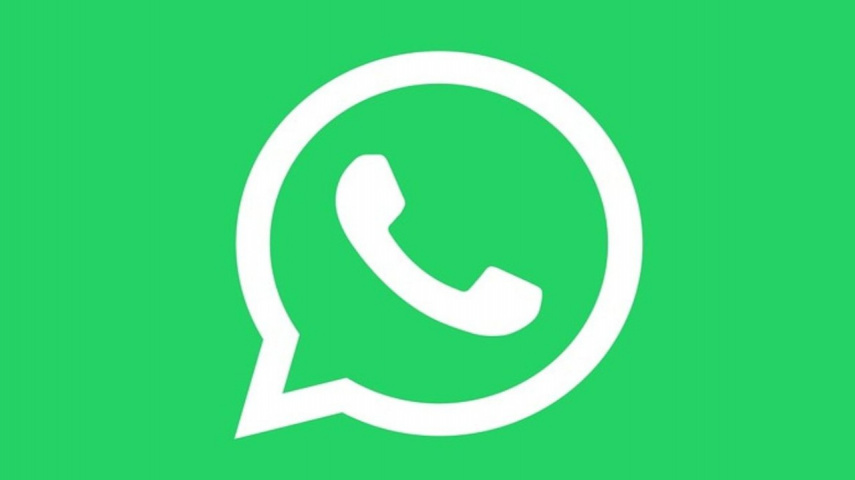What is WhatsApp's 'locked chats'? All about feature developed for linked devices
WhatsApp, the preferred messaging app for billions of people globally, has developed a ground-breaking feature called locked chats for linked devices, which is meant to improve user privacy.

-
WhatsApp develops locked chats for linked devices, adding more protection to private chats
-
Users can generate a secret code on their primary device to access locked chats on linked devices
The well-known instant messaging platform WhatsApp has launched a new feature designed to improve privacy across linked devices as part of its continuous step towards user security and privacy as per the Times of India. With the introduction of the locked chats feature in this most recent update, an additional degree of security is added to protect private conversations.
Enhancing privacy across platforms
As people rely more and more on multiple devices for communication, it is critical to maintain platform privacy. WhatsApp added the locked chats feature, which lets users create a secret code on their primary device, in response to this need. This code allows users to access locked chats on linked devices, protecting private conversations from prying eyes.
Recent reports from WABetaInfo indicate that WhatsApp has been working for some time to strengthen privacy protections. When locked chats were first introduced by the platform on primary devices, users could secure conversations with a secret code.
WhatsApp now hopes to give users more control over their conversations by extending the same degree of privacy protection to connected devices with this new feature.
A step towards enhanced security
With the introduction of locked chats for linked devices, WhatsApp hopes to greatly enhance user privacy protection. By preventing unauthorized users from accessing protected conversations, this measure improves security on a variety of platforms.
This new feature is likely going to be a welcome addition for WhatsApp users who want more control over their communication, especially as privacy concerns gain more attention.
International payments on the horizon
It has been reported that WhatsApp is working on an international payment feature in addition to privacy improvements. Indian users of the app might soon be able to make international payments by utilizing the Unified Payments Interface (UPI), according to information provided by tipster AssembleDebug.
The goal of the international payments feature is to make it easy for Indian bank account holders to send money overseas. Although the feature is primarily aimed at Indian users, it will be accessible in nations where banks provide international UPI services.
The option to manually enable the international payments feature and select how long they want it to remain active will be available to users. With this customization option, users can give themselves more control over their financial transactions by customizing how they want to pay within the application.
ALSO READ: Privacy experts voice concerns over Amazon's palm payment service sign-up app; Here’s why





 JOIN OUR WHATSAPP CHANNEL
JOIN OUR WHATSAPP CHANNEL



































































































